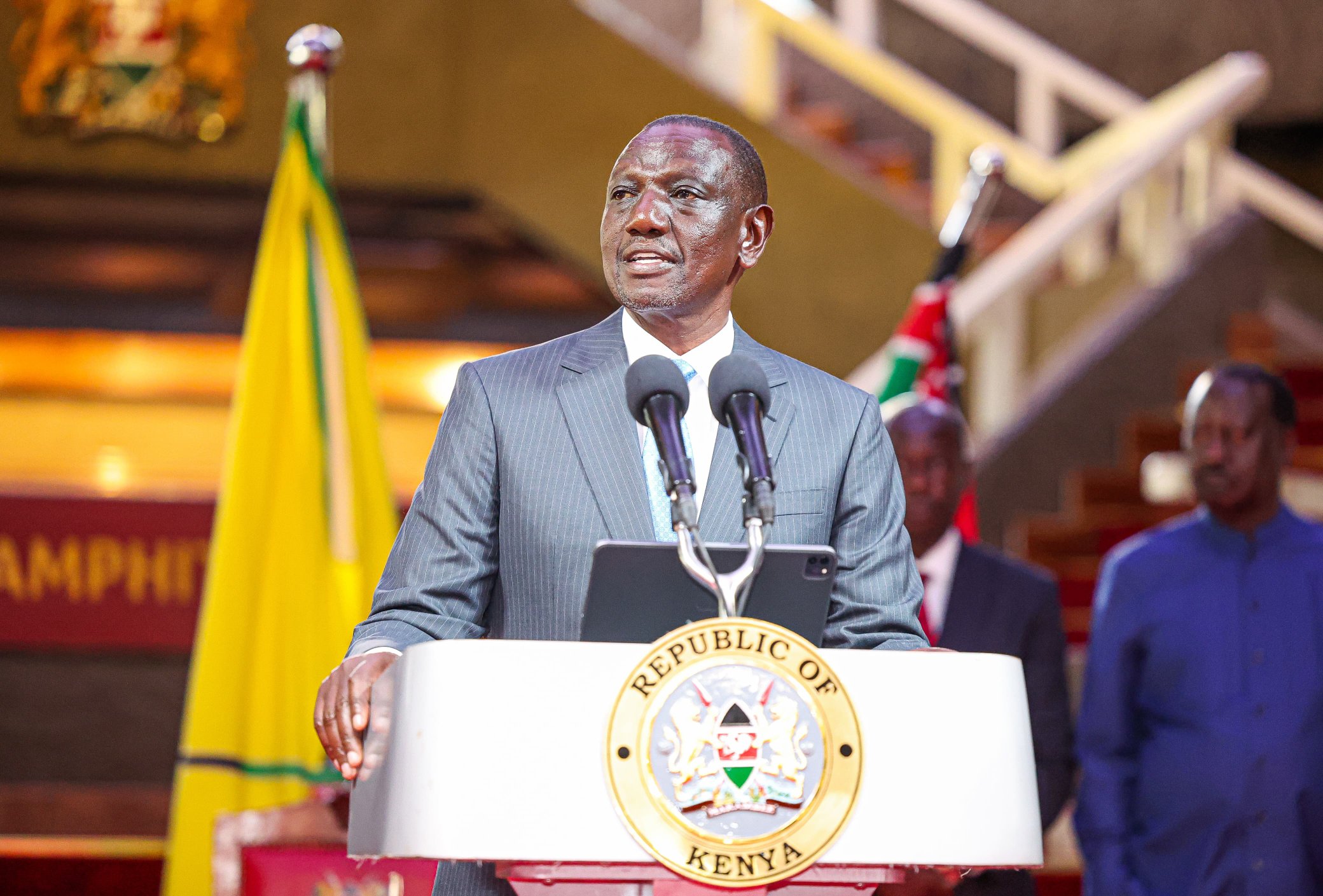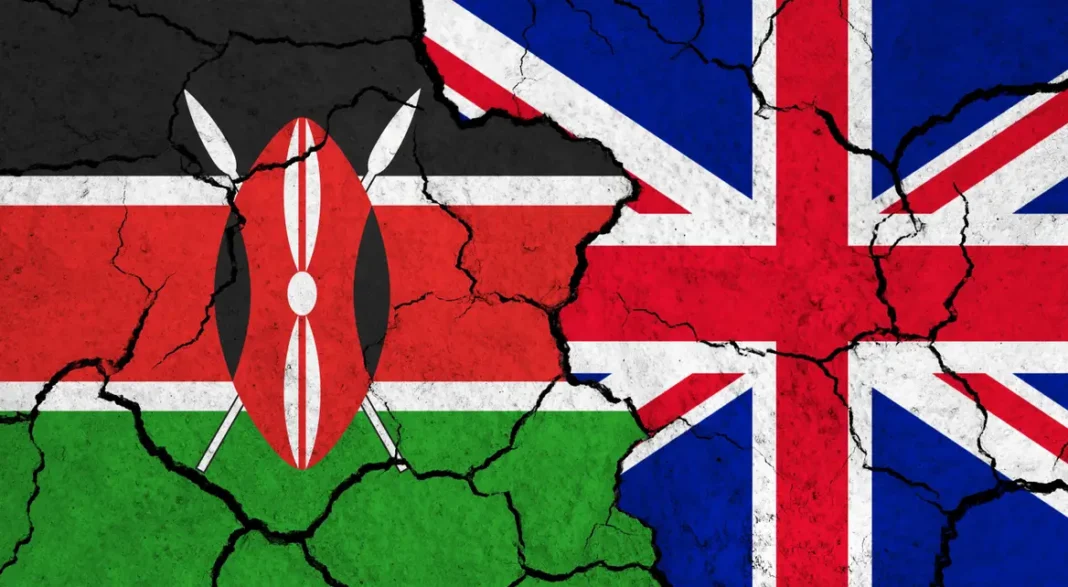Interior Cabinet Secretary Kipchumba Murkomen has issued a stern warning to public servants against using the slogan wantam or nicknaming President William Ruto Kasongo.
Speaking in Narok on Monday, August 11, Murkomen declared that any officer caught making such remarks or engaging in political sloganeering will be dismissed immediately.
The CS insisted that public officers must uphold the oath they took to serve the government. While they have the right to vote for any candidate during elections, they are forbidden from insulting the presidency or undermining government policies while in office.
Murkomen’s statement signals an escalating crackdown on political dissent within the public service.

CS Murkomen Draws a Line on Wantam and Kasongo
Murkomen’s latest remarks target a growing trend where some officers and government critics have used the wantam chant, meaning “one term,” to mock the Ruto administration. Others have nicknamed the president Kasongo, a term the CS says is disrespectful and unconstitutional when used by serving public officers.
According to Murkomen, no chief, assistant chief, police officer, or other government employee will be spared if found participating in such acts.
“If you choose to serve in the public service, you must respect the government that shall come. While serving the government, you cannot participate in campaigns or sloganeering,” he said.
Public Officers Ordered to Focus on Policy Implementation
Murkomen emphasized that public servants should concentrate on implementing government programs instead of engaging in political games. He argued that officers have a duty to protect the dignity of the presidency, regardless of the individual holding the office.
He reminded public servants that their job is to execute policies and deliver services without bias. Political activism, he warned, undermines public trust in state institutions.
Assurances on Voting Rights
Despite the hardline stance, Murkomen assured officers that their democratic rights remain intact. They can vote for anyone during elections but cannot publicly campaign or promote anti-government slogans while in office.
This, he said, is the balance between personal freedoms and professional responsibility.
Social Media Warnings and the Gachagua Factor
Murkomen also cautioned Kenyans against circulating videos of former Deputy President Rigathi Gachagua. He claimed that the former DP’s controversial statements risk destabilizing the country’s political, social, and security environment.
The CS accused social media users of amplifying dangerous rhetoric without understanding the consequences.
“You are the ones encouraging a person who is unwell to continue saying more things that are going to hurt our country,” Murkomen said.
Al-Shabaab Allegations and a DCI Summons
Murkomen’s comments follow Gachagua’s claims that senior government officials met with Al-Shabaab leaders in Mandera. The Interior CS dismissed the allegations as reckless and dangerous.
He confirmed that the former DP will be required to record a statement with the Directorate of Criminal Investigations upon returning from his two-month trip to the United States.
Mental Health Remark Sparks Debate
Murkomen went further, suggesting that if Gachagua fails to provide evidence for his claims, he should undergo a mental health assessment.
“If the former DP is not going to record a statement about what he said about Al-Shabaab and terrorism, then the right thing is to check him into a mental institution,” Murkomen declared.
This remark has drawn mixed reactions, with some accusing the CS of personal attacks while others support his tough stance against misinformation.
The Bigger Picture Behind Wantam and Kasongo
The wantam and Kasongo issue reflects deeper political tensions in Kenya. President Ruto’s administration has faced rising criticism, with some opponents predicting he will only serve one term. Murkomen’s intervention is a clear message that the government will not tolerate perceived disrespect from within its own ranks.
For public officers, the warning is both a legal and political boundary. Participating in such rhetoric could now mean instant dismissal.
Why the Crackdown Matters
Political slogans may seem harmless, but when state officers join in, it blurs the line between governance and partisan politics. Murkomen’s directive seeks to reassert discipline in the civil service, especially within the security sector, where neutrality is critical.
Possible Backlash and Legal Questions
Critics argue that the directive could be used to silence legitimate criticism of the government. They question whether banning terms like Kasongo infringes on free speech. Supporters counter that public servants voluntarily agree to professional codes that limit political engagement.
The legal and political battle over these restrictions is likely to continue, especially if dismissals start to occur.
Conclusion
Murkomen’s warning on wantam and Kasongo marks one of the strongest moves yet to curb political dissent inside the public service. By linking the slogans to unconstitutional conduct, he has made it clear that state officers who cross the line will face immediate consequences.
Whether this approach will restore discipline or fuel further political tension remains to be seen. But one thing is certain—in Kenya’s heated political climate, words now carry career-ending weight.


